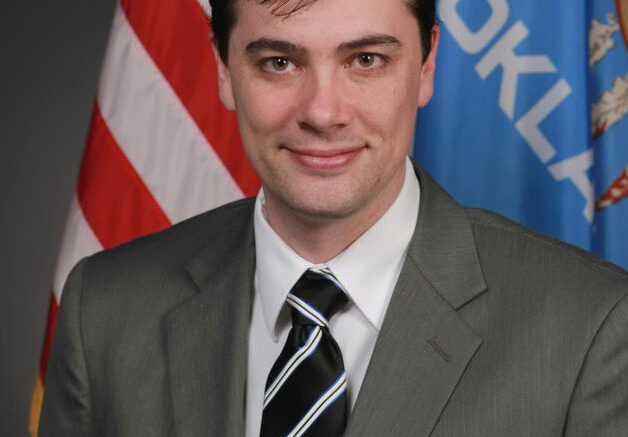During the last fifteen months I have mostly resisted the temptation to write about my feelings regarding the current state of transparency in the Oklahoma House of Representatives. This may seem perplexing to my regular readers because up until March of 2014, I frequently wrote about the deliberative but systematic transformation of the House away from an institution of opaque process and concentrated power.
In March of 2014, the most important of these reforms came to an abrupt halt. The House unexpectedly and immediately stopped the process by which the power of the Speaker of the House was being devolved into transparent and open processes.
Most readers probably already know of the Speaker’s absolute power. He alone has the power to determine if a bill lives or dies. He appoints committee members, committee chairs, has direct control over the operation of the House and its 17 million dollar budget. Some say this power makes the Speaker the most powerful politician in the state; even more powerful than the Governor.
Though only in its infancy at the time of its execution, the devolution of power reform had started to show its potential. The power of the Speaker over the hearing of bills had been transferred to a Calendar Committee which cast open and public votes to schedule or not schedule bills. The power to control House operations was being transferred to a Governing Committee which had started to meet and would have evolved into a check and balance upon the operations of the House.
When the House brought this reform to a halt in March 2014, I knew we had seen the first great reversal of transparency since I have been in the Legislature. I feared the House transparency movement had peaked and the ethics of the institution no longer supported the plan of reform.
I limited my public response for several reasons. I thought that perhaps others simply had a different view of how to bring transparency forward. I wanted to wait and see what they did and intended to express my public support of any substantive efforts to this effect. I didn’t want to believe that we had not only stopped progressing, but feared we were in fact retracing back to the days of less transparent processes.
Last month the House voted on the 7.1 billion state budget after waiving the public’s right to 24 hours of review. The budget vote occurred on the same day the budget was written and soon after it had been placed on the House floor calendar.
This confirmed my fears and led me to make the follow observations:
1. My suspicions about the House having abandoned its momentum towards transparency were correct. Not only has the overall state of legislative transparency stopped its advance, but it now shows significant backwards momentum.
2. Practically speaking, it will probably take several years to return the transparency of the institution to its 2013 high point.
3. At least some legislators, while under the influence of what I not-so-affectionately refer to as “Capitol fog,” were willing to trade one of the public’s most important transparencies in order to avoid a day of work (see last week’s article at hd31.org/726). If the public’s right to have their voices heard means less than the value of one day’s work, can there be any hope of real reform?
4. Other legislators voted to suspend the budget transparency rule, not because they wanted to avoid a day of work, or lacked the good judgment to know how bad this vote really was, but because they feared not voting with House leadership. I absolutely understand this reasoning because these legislators don’t want to put their future bills at risk or endanger their ability to effectively represent their constituencies. This gives me hope that the ethics of many members are still in favor of transparency. It also puts into perspective what we lost when power was once again re-concentrated within the position of Speaker.
Absolute power causes legislators to cast votes because of fear rather than the merits of the proposal.
Thank you for reading this article. Your interest and input are much appreciated. Please do not hesitate to email Jason.Murphey@hd31.org with your thoughts and suggestions.




Be the first to comment on "Absolute power"